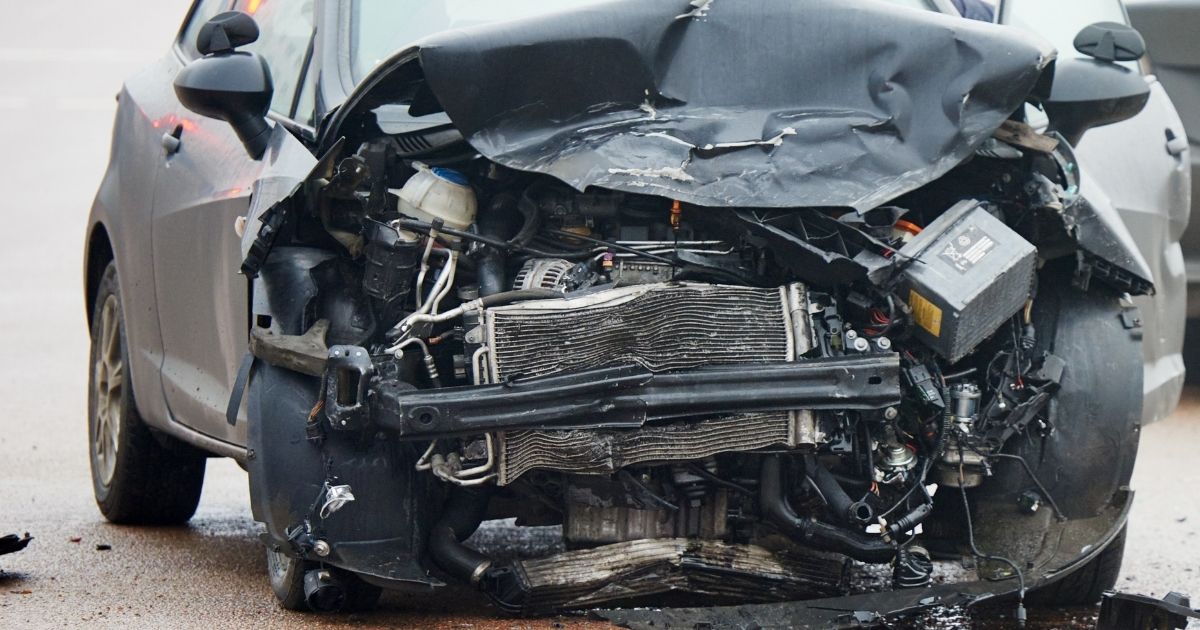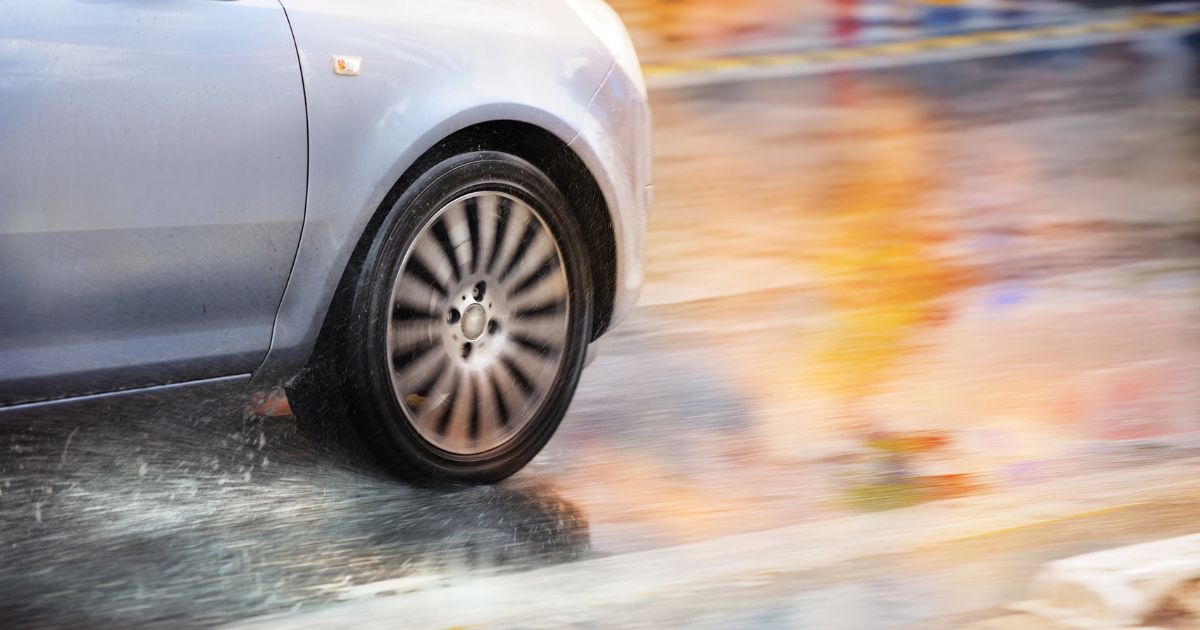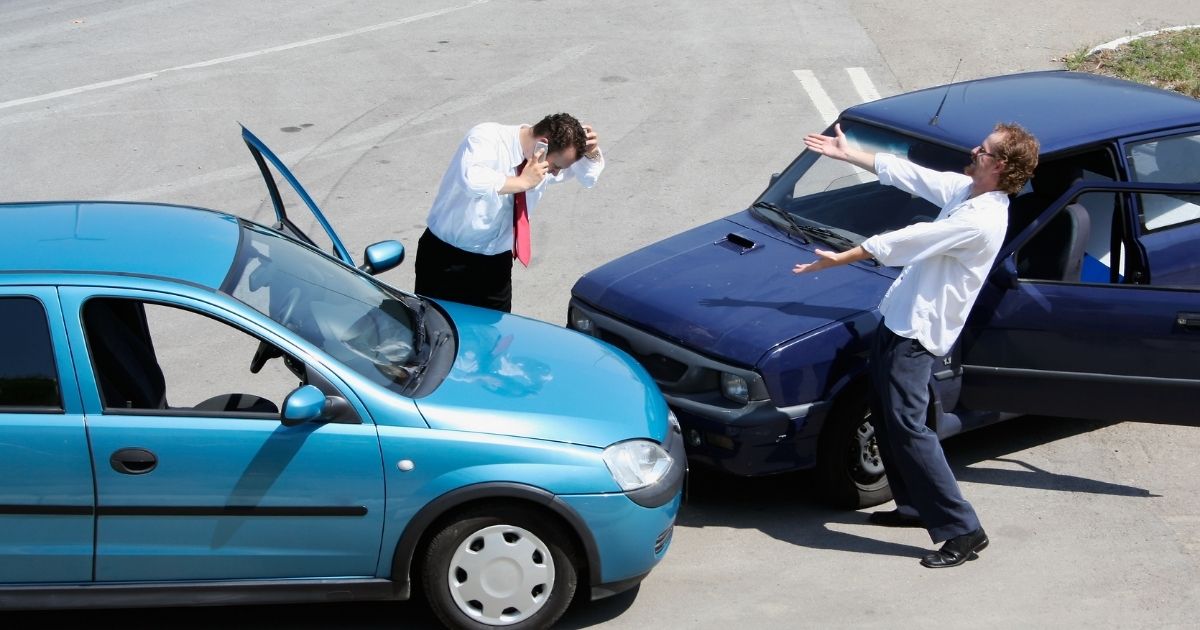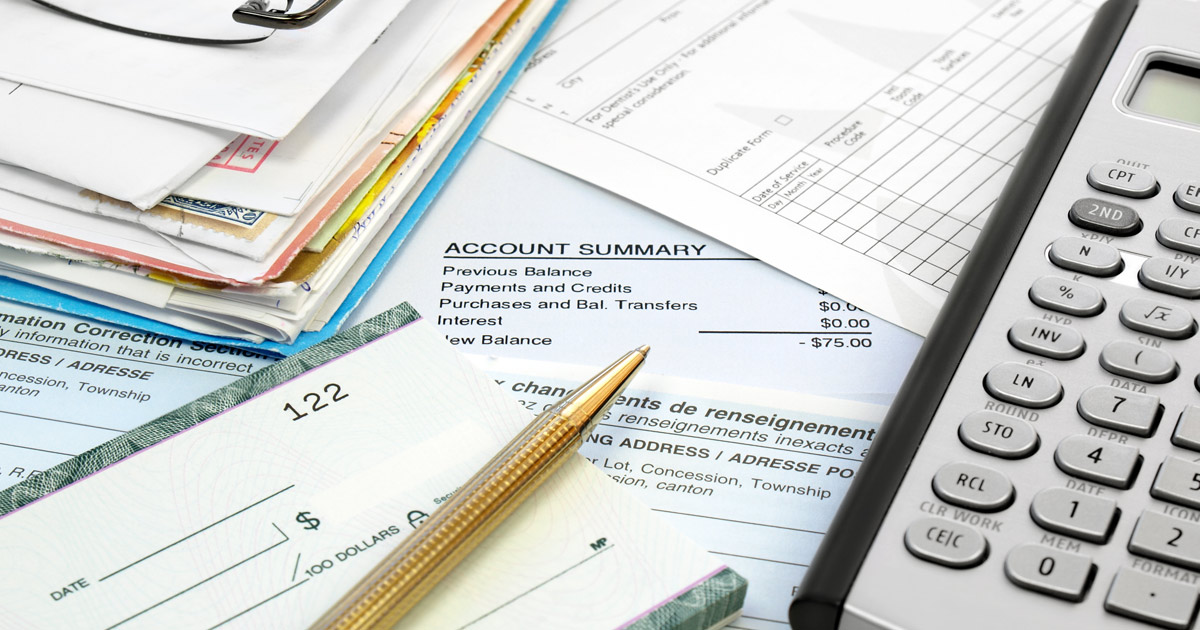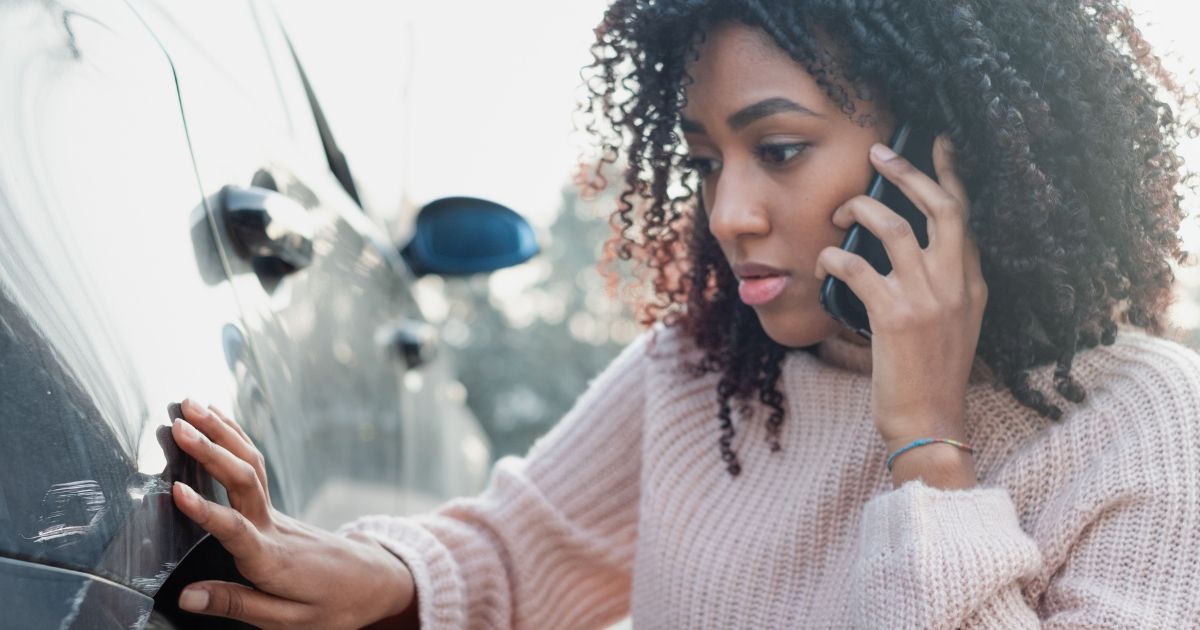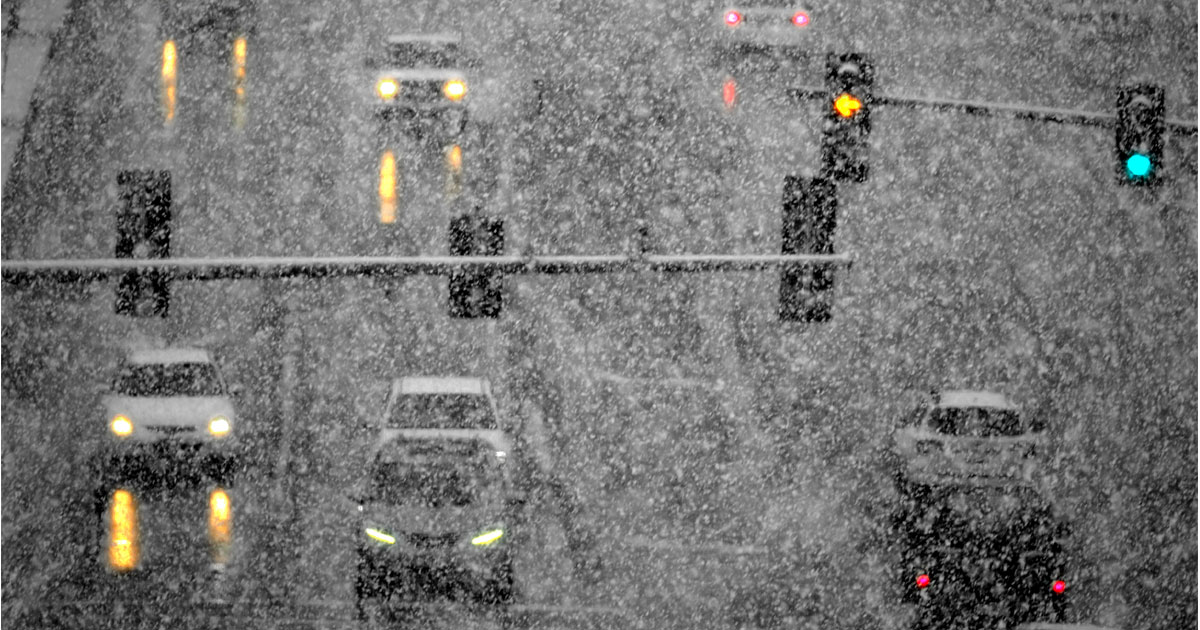What to Do After a Car Accident on Abercorn Street or Victory Drive
Car accidents cause immediate chaos, leading many crash survivors to wonder what to do next. Many drivers find themselves uncertain about the proper procedures following a crash, which can lead to complications with insurance claims or medical treatment down the road. If you were injured in a crash on Abercorn Street or Victory Drive, taking the right steps afterwards is key to protecting your health and legal rights.
What Should I Do Immediately After an Accident on Abercorn Street?
Abercorn Street has some of the region’s most dangerous intersections, including where it meets White Bluff and King George. After a collision on this busy road, move your vehicle to a safe location if possible, but do not leave the scene. Call 911 to report what happened, as police documentation becomes valuable when filing insurance claims. Exchange information with the other driver, including names, contact details, insurance information, and license plate numbers. Take photographs of vehicle damage, road conditions, and the accident scene from multiple angles, which provides evidence for your claim.
What About Accidents on Victory Drive?
US-80/Victory Drive presents multiple travel lanes, high traffic volume, and high speed limits. It also connects residential areas with commercial zones, creating varied traffic patterns throughout the day. The same basic steps apply after an accident on this roadway, though drivers should pay particular attention to documenting specific location details.
Note nearby landmarks, street signs, and businesses where the collision occurred, as Victory Drive spans a considerable distance. Seek medical attention even if injuries seem minor, because adrenaline can mask pain initially. Lastly, remember to request a copy of the police report once the officers complete their investigation at the scene.
Should I Go to the ER?
That might not be necessary, but have a medical evaluation as soon as possible after the crash, even if you feel okay. Some injuries, particularly those involving soft tissue or internal trauma, may not show symptoms immediately but can worsen without treatment. As a guideline, visit an emergency room or urgent care facility on the day of the accident if experiencing any pain, discomfort, or unusual symptoms. You can see a primary care physician later that day or the next day if you are not experiencing symptoms. Keep detailed records of all medical appointments, treatments, and expenses related to the accident.
What Information Should Be Gathered at the Accident Scene?
Collecting thorough information at the crash site creates a strong foundation for any future claims or legal proceedings. Try to snap photos of the driver’s license, insurance card, and vehicle registration cards belonging to the other driver; get their phone number as well. Write down the make, model, color, and license plate of all vehicles involved in the collision; if witnesses stopped to help or saw what happened, ask for their contact information as well. Take note of weather conditions, time of day, traffic signals, skid marks, your injuries, and any road hazards that may have contributed to the accident; use your phone’s camera to snap more photos than you think is necessary.
When Should I Call a Lawyer?
We recommend reaching out to a Savannah car accident lawyer soon after a collision to protect your legal rights and see if you have a legal claim. This becomes particularly important when injuries require ongoing medical treatment or when the other driver disputes fault for the accident. We can handle communications with insurance adjusters, gather evidence to support the claim, and negotiate for fair compensation. Waiting too long to seek legal guidance can result in missed deadlines or lost evidence that might have strengthened the case – documentation of the accident scene, medical records, and witness statements all become more difficult to obtain as time passes.
Pursue a Better Legal Outcome After Your Collision With a Local Savannah Car Accident Lawyer at Kicklighter Law
Were you injured in a crash on a busy Georgia road? Contact a Savannah car accident lawyer at Kicklighter Law for legal guidance. To schedule an initial consultation, call today at 912-754-6003 or contact us online. Located in Springfield, Georgia, we gladly serve clients in the surrounding areas.

